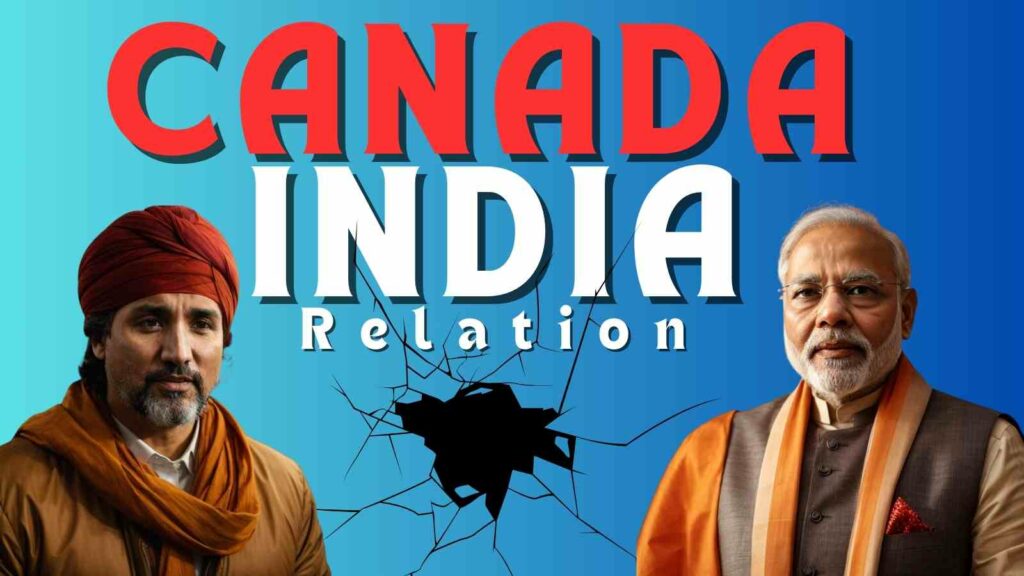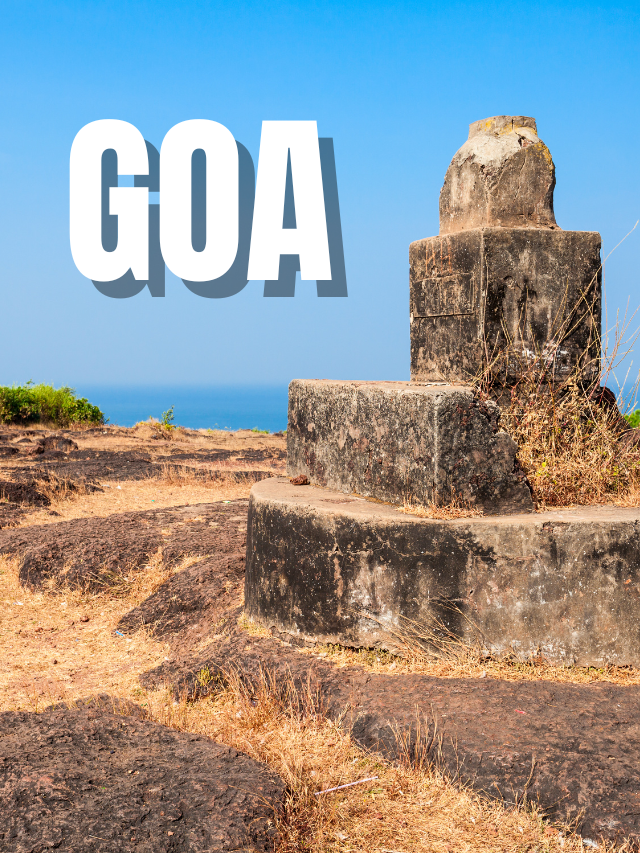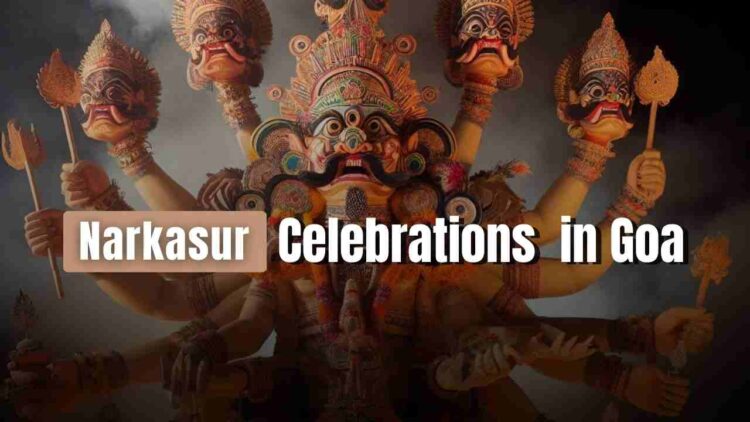In a world that’s interconnected like never before, international relations are a delicate balance of diplomacy, trade, and geopolitics. The intricate dance of countries on the global stage often involves myriad complexities, and one such enigmatic relationship is the one between India Canada relations. While on the surface, they appear to be friendly as Canada is favorite country for most of Indian students. However, recent news Canada baseless allegations on India have thrown their friendship into question. This article explores the complex story of deteriorating relations between India and Canada due to allegations, hidden agendas and separatist movements.

The Khalistan movement
At the heart of this complex narrative lies the Khalistan movement. Khalistan, a term derived from “Khalsa” (meaning pure), is a proposed independent Sikh state that has been a long-standing issue between the Sikh diaspora and the Indian government. While the movement itself is not new, it has recently garnered attention due to alleged Canadian connections.
Hardeep Singh Nijjar: From Plumber to Extremist
One of the pivotal characters in this saga is Hardeep Singh Nijjar, a name that has frequently appeared in recent discussions. Nijjar’s journey from a plumber in Canada to an alleged extremist figure is both intriguing and perplexing. Born in Jalandhar, Punjab, Nijjar moved to Canada in 1997, where he built a life, got married, and had children. However, the darker side of his story reveals that he arrived in Canada on a fraudulent Indian passport and applied for political asylum with a fake passport. His Canadian citizenship was denied several times but later in 2007 he got his citizenship.
Nijjar’s gradual descent into the folds of the Khalistan movement is a point of concern for India. He not only supported the cause but also joined the Khalistan Tiger Force (KTF), an outfit believed to be backed by Pakistan’s Inter-Services Intelligence (ISI). The KTF’s activities have raised alarm in India, with arrests related to possession of firearms and explosives.
Historical Shadows: Air India Bombing and Beyond
The tension between India and Canada runs deep and can be traced back to historical incidents. The 1985 Air India bombing, where a flight bound for India was targeted, resulted in the deaths of hundreds, including Canadian citizens. This horrific act of terrorism exposed the presence of extremists on Canadian soil. Unfortunately, Canada’s response at the time did little to assuage India’s concerns, and many involved in the attack were not brought to justice.
Allegations and Counter-Allegations
- Canada made an allegation on India for the killing of Nijjar without providing any concrete evidence or specifying what kind of information was shared with the Indian government .
- Canada avoided answering direct questions on the matter and did not cooperate with India’s request for a joint investigation .
- Canada sheltered Khalistani terrorists and extremists who pose a threat to India’s sovereignty and security .
Fast-forward to the present day, and India and Canada are locked in a tug of war of allegations and counter-allegations. Canada alleges that India was involved in the assassination of Hardeep Singh Nijjar. In contrast, India accuses Canada of providing a safe haven for terrorists and failing to take appropriate actions against them. These allegations have strained diplomatic relations and resulted in the expulsion of diplomats from both countries.
However, it is important to note that Canada has not given any concrete evidence for its allegation on India for the killing of Khalistani Leader Nijjar. So how far is good to blame a world’s fastest growing country with over 1.4 billion people without any concrete evidence.
The Geopolitical Angle
The current Canadian Prime Minister, Justin Trudeau, finds himself in a challenging position. His political alliances, particularly with Jagmeet Singh, leader of the New Democratic Party in Canada, who sympathizes with the Khalistan movement, have raised questions about the sincerity of Canada’s stance on the issue. Trudeau’s reliance on Singh’s party for political support adds a layer of complexity to the matter. As a result, the Khalistan issue has become intertwined with Canadian politics.
Protecting Indian Citizens and the Economic Impact
Beyond the geopolitical intrigue and allegations, there’s a critical aspect that cannot be ignored – the safety and well-being of Indian citizens in Canada. The substantial number of Indian students studying in Canada has a significant economic impact. Ensuring their security and fostering a welcoming environment is vital for Canada’s reputation and diplomatic relations.
Open threat to Hindus in Canada
Despite multiple requests from the Indian government to address the presence of Khalistani terrorists residing in Canada, no action has been taken. A recently published video highlights the heightened concerns within the Hindu community living in Canada. An open threat from a Canadian citizen to Hindus, yet he remains free-handed.
The India-Canada relationship is a compelling case study in international diplomacy, where past grievances, present politics, and future aspirations intertwine. The Khalistan issue is a thorn in their friendship, and allegations have cast a shadow of doubt. As the two nations grapple with these challenges, it’s essential to remember that maintaining friendly and respectful relations is in the interest of both countries. Ultimately, the world is watching, and the actions of both India and Canada will define the course of their relationship. However, seeing the current situation both country relationship of the both country is getting worse and going to end in near future.










